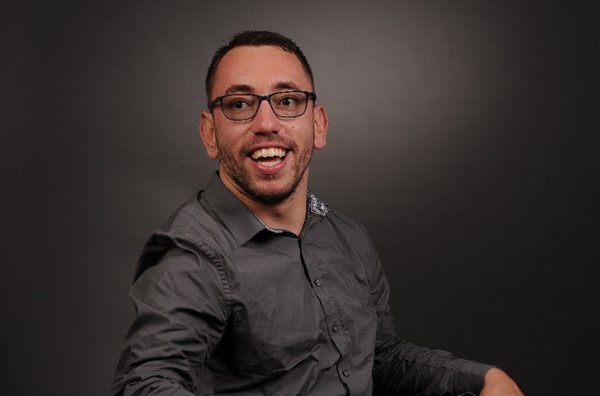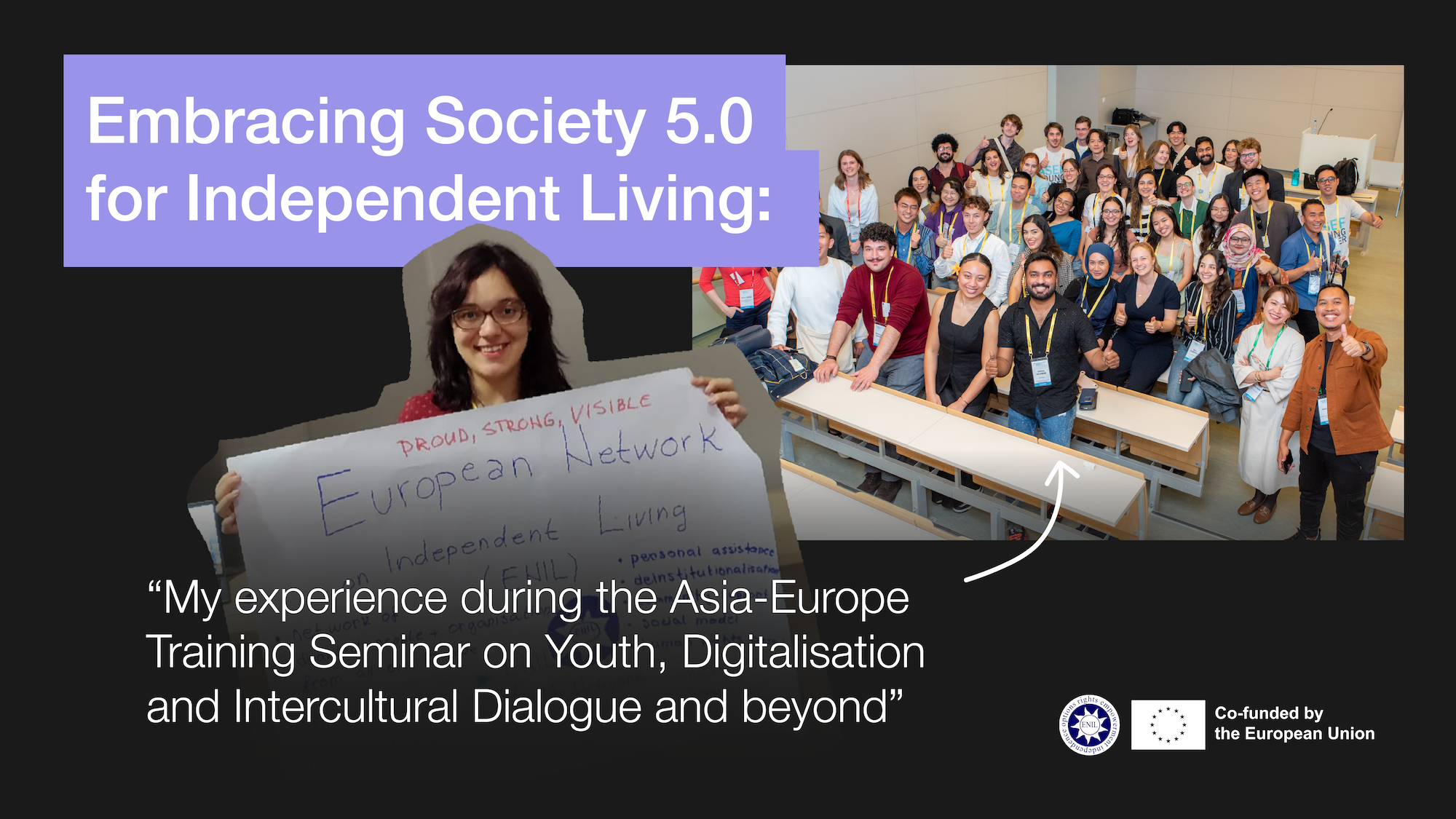ENIL published a new article on Euractiv: https://www.euractiv.com/section/non-discrimination/opinion/time-for-the-european-union-to-get-serious-on-disability-rights/
The EU must get serious in tackling human rights abuses of people with disabilities, by adopting minimum standards of personal assistance, writes Florian Saden.
Florian Sanden is the policy coordinator at the European Network on Independent Living.
When a disabled person requires support, moving to a nursing home or a group home is often the first solution. However, the option of permanently living in an institution involves risks most people are unaware of.
During the COVID-19 pandemic, many public authorities and institutions decided that disabled people were not a priority when it comes to treatment and prevented residents of social care homes from being transferred to hospitals to receive life-saving treatment. Because institutions were completely shut off, families were powerless in protecting their loved ones from extreme neglect and failure to protect. As a result of this abuse, people with disabilities accounted for up to 72% of deaths in some countries, 68% in Spain and 51% in the Netherlands.
Even when there is not a pandemic, residents of institutions are not safe. From 2018 to 2022 we recorded six instances in which disabled people lost their lives due to fires or flooding. The events occurred in Spain, Croatia, Bulgaria, the Czech Republic, Greece and Germany. In total 44 disabled people lost their lives in these disasters. Living in institutions increases the likelihood to lose one’s life in natural disasters, hazards or infectious diseases.
These tragedies often occur because nursing home residents are physically restrained or locked in their rooms. The case of an autistic boy who was found to have been taped to a chair or tied to a bed for more than five years provides evidence that staff resort to those measures as soon as they feel slightly overwhelmed. Residents of institutions are at a higher risk of rape, especially women.
To raise awareness of these human rights abuses, we are organising the Freedom Drive Protest on 27 September. Hundreds of disabled people from all over Europe as well as their allies are expected to attend.
The inhuman nature of institutions for disabled people has been known for a long time. In 2006 the General Assembly of the United Nations adopted the Convention on the Rights for Persons with Disabilities (UNCRPD).
The Convention stated that disabled people have the right to life and to be free from torture or cruel, inhuman or degrading treatment. The UNCRPD also contains article 19, guaranteeing disabled people the right to live independently and be included in the community, obliging governments to close all institutional living arrangements for disabled people. The European Union and all its member states have signed and ratified the Convention.
Despite everything, deinstitutionalization is not making progress in Europe. The number of disabled people living in institutions within the EU has not decreased between 2007 and 2020.
A key innovation in disability policy can help accelerate the process: Personal Assistance. Personal assistants are individuals providing direct, one-on-one support to disabled people. A personal assistant accompanies a disabled person for as much time during the day as required and provides support in any area of life. The first law on Personal Assistance was introduced in Sweden in 1994.
The prospect of Personal Assistance represents a great hope for an increasing number of disabled people to escape institutions. For example, the number of PA users in Slovenia increased by 44% between 2020 and 2021. The European Union needs to deliver on its obligations under the UNCRPD and the European Strategy on the Rights of Persons with Disabilities. To do so we believe the EU should adopt Union-wide minimum standards on Personal Assistance in the form of a directive of the Council of the European Union and the European Parliament.
An EU directive on Personal Assistance will have to contain UNCRPD-compliant definitions and norms. Today 24 EU countries have Personal Assistance schemes. all schemes in the EU suffer from inadequate design and insufficient implementation, according to PA users. None of the schemes created thus far is in line with the UNCRPD, allowing the user to decide who acts as a PAt, which tasks are performed, at which times, in which places, and under which circumstances.
An EU directive will also have to detail adequate budget allocations from Union and member state budgets. Governments have been unwilling to allocate sufficient budgets to Personal Assistance schemes. Instead of matching the demand, disabled people are rather directed toward institutions. In Belgium, there is a waiting list of up to 23 years to receive the personal budget required to hire Personal Assistants. In Germany, 70% of disabled people demand community-based support services but the government spends 70% of its budget for disability support on institutions.
To end the human rights abuses against disabled people in institutions, the European Union should take a bold new step to make things right. Union-wide minimum standards on Personal Assistance will ensure disabled people in the whole EU have access to this service and thereby for the first time a real alternative to accepting institutional confinement.



